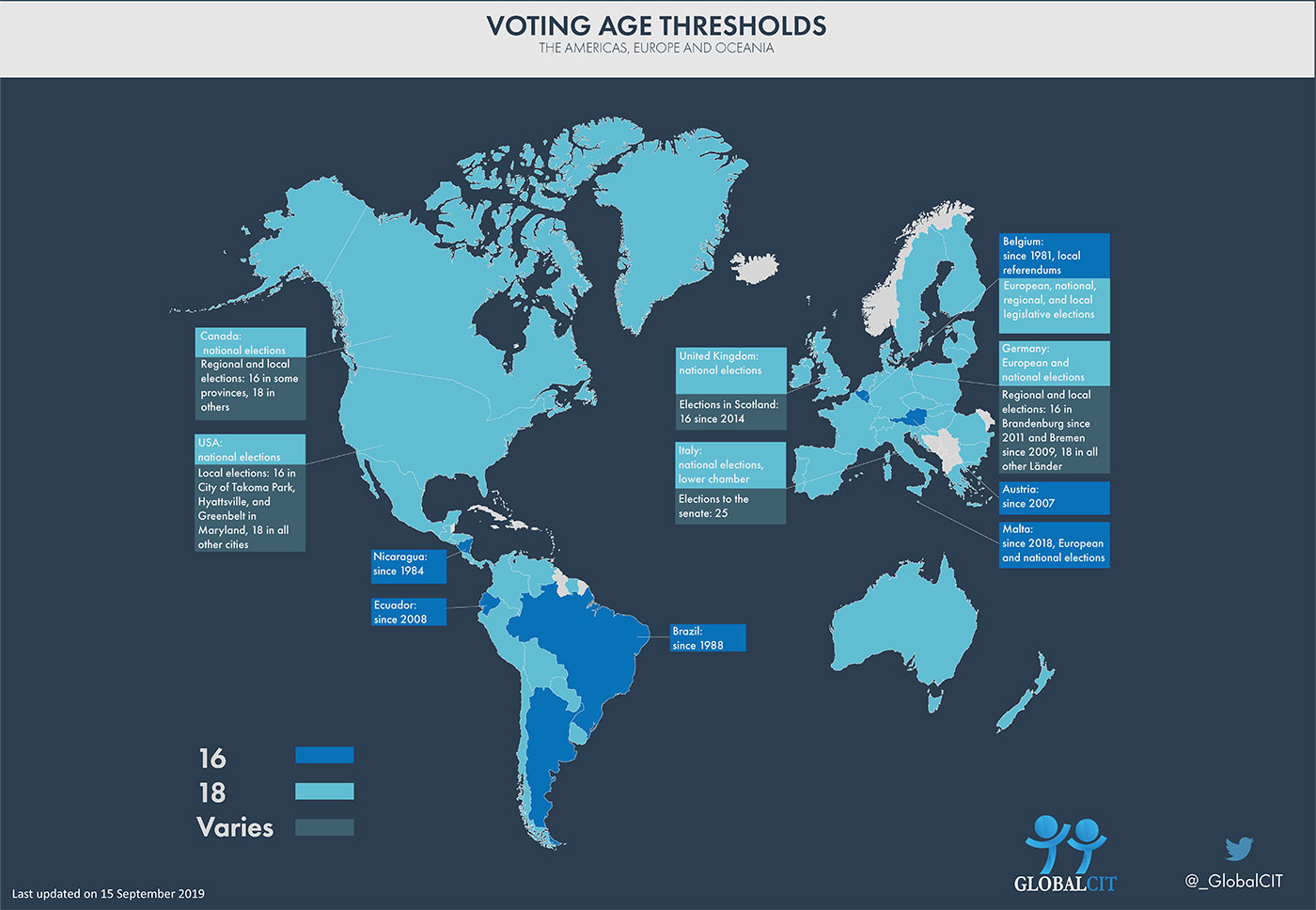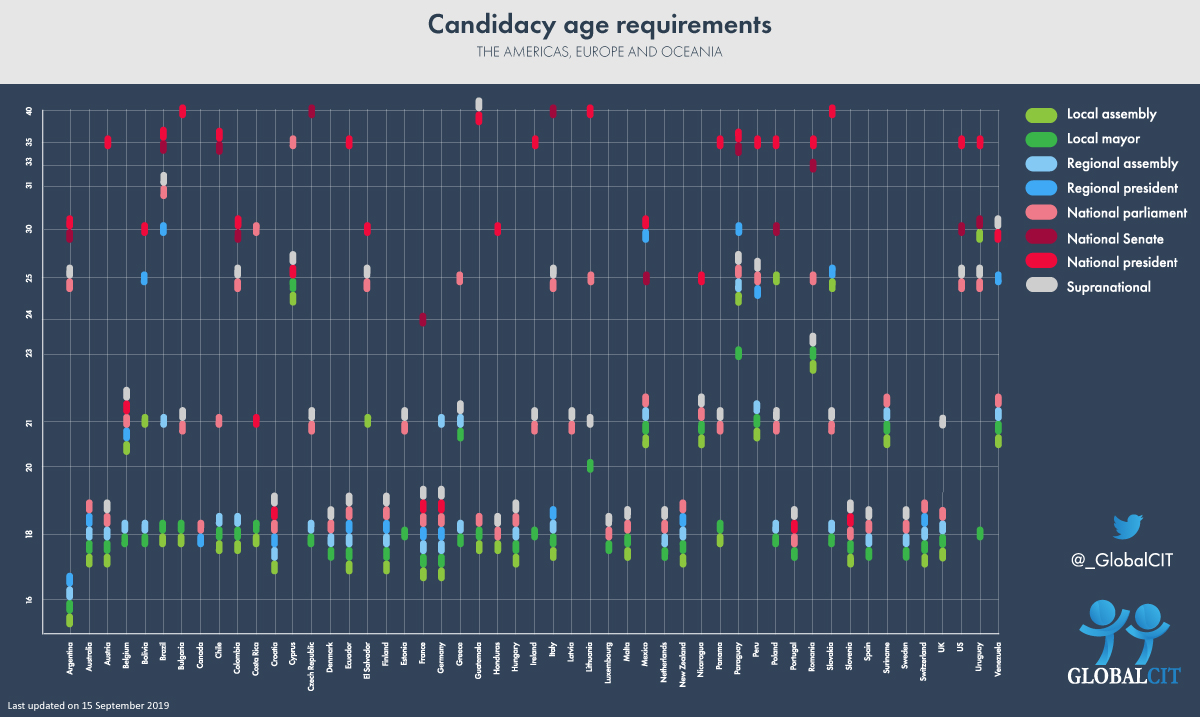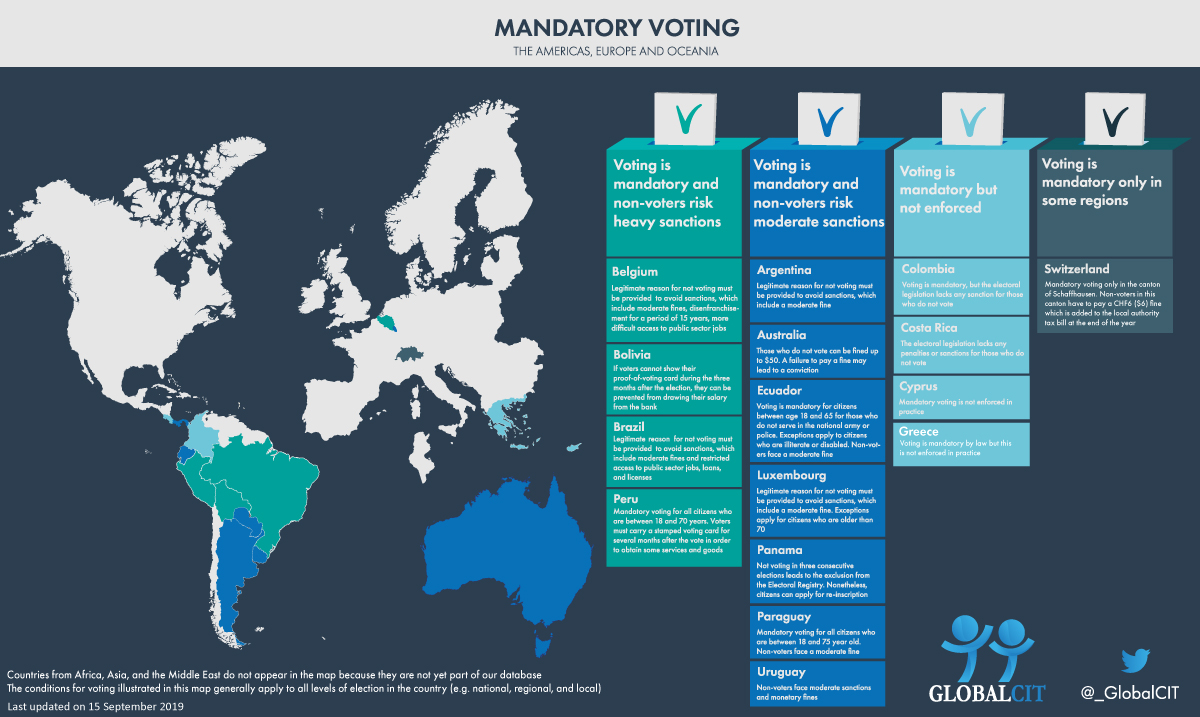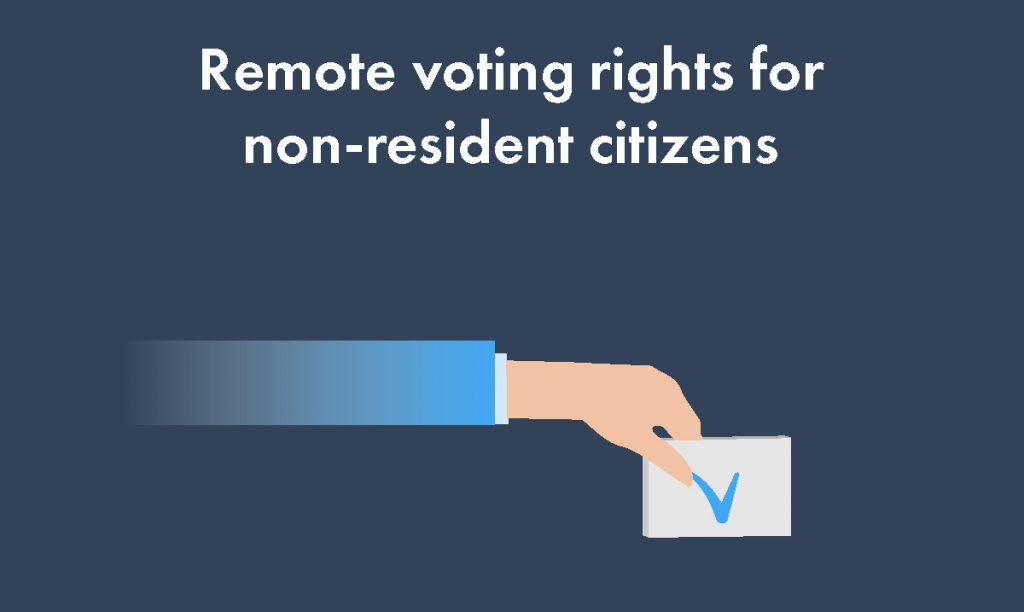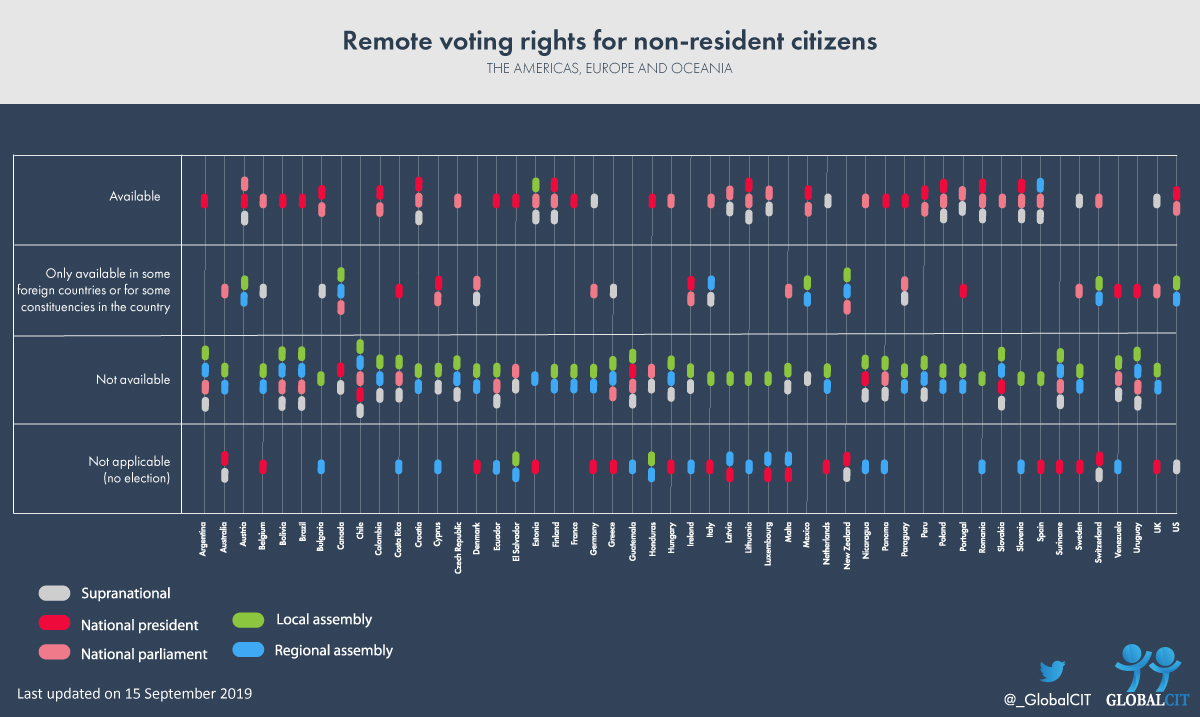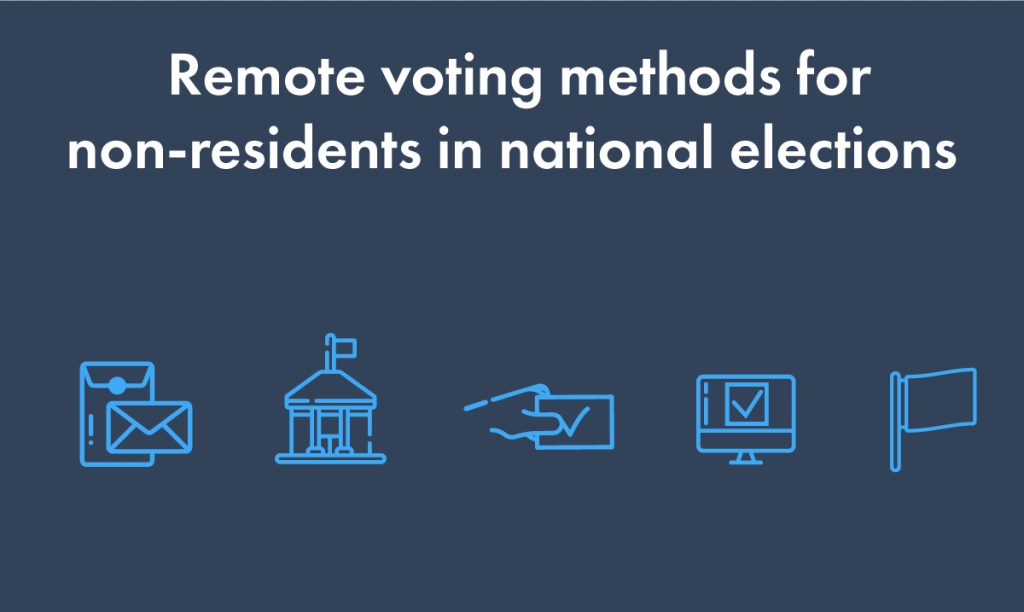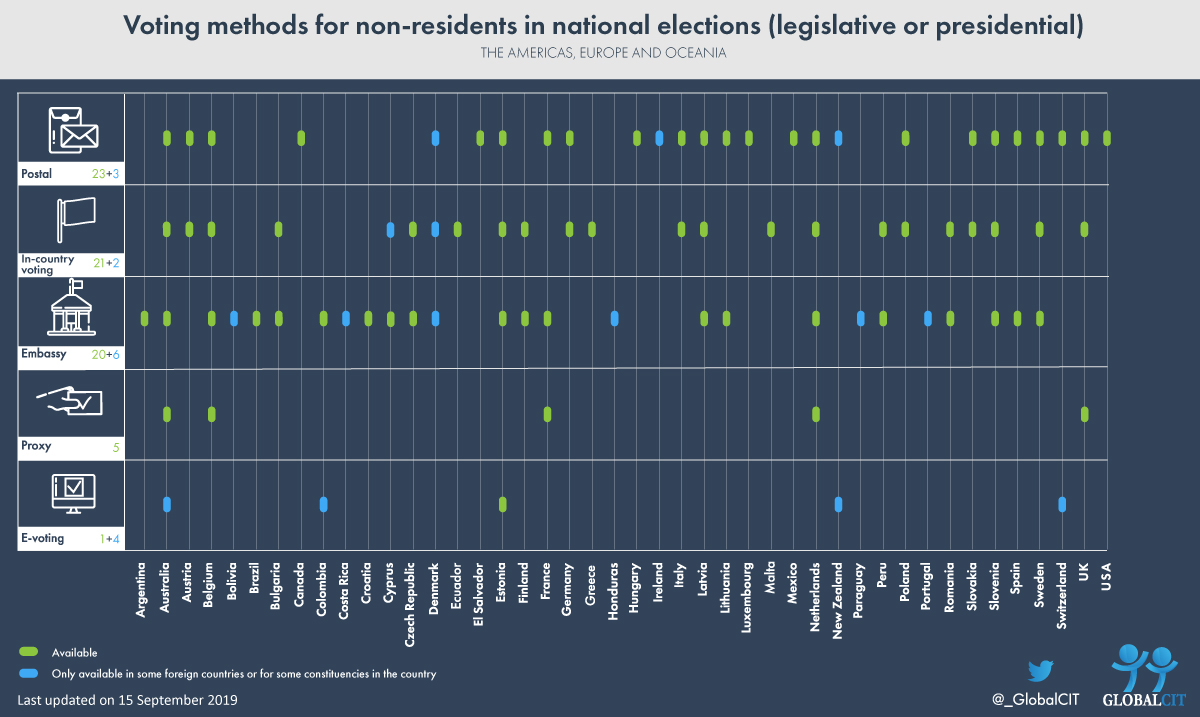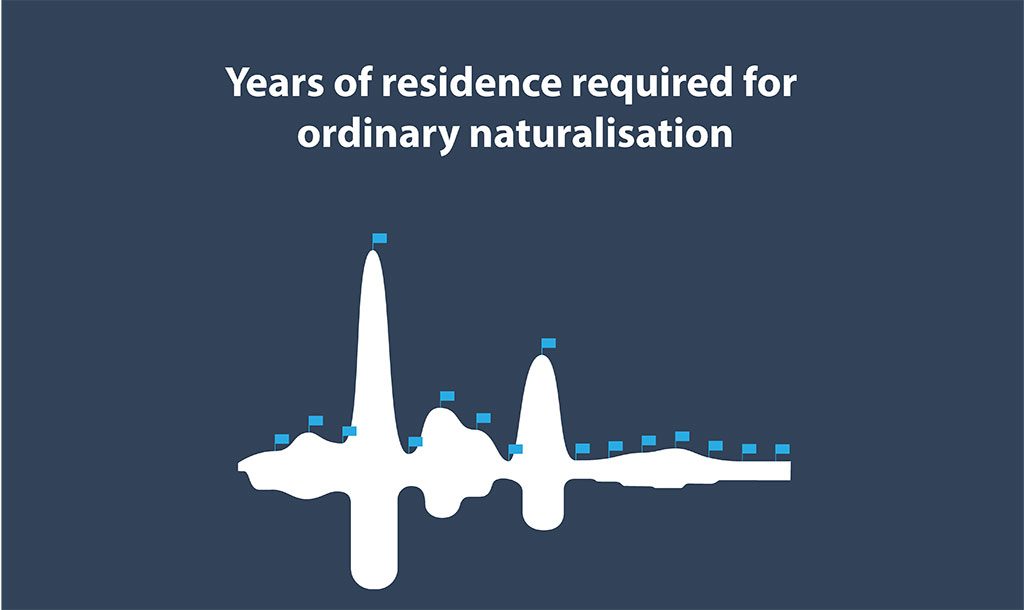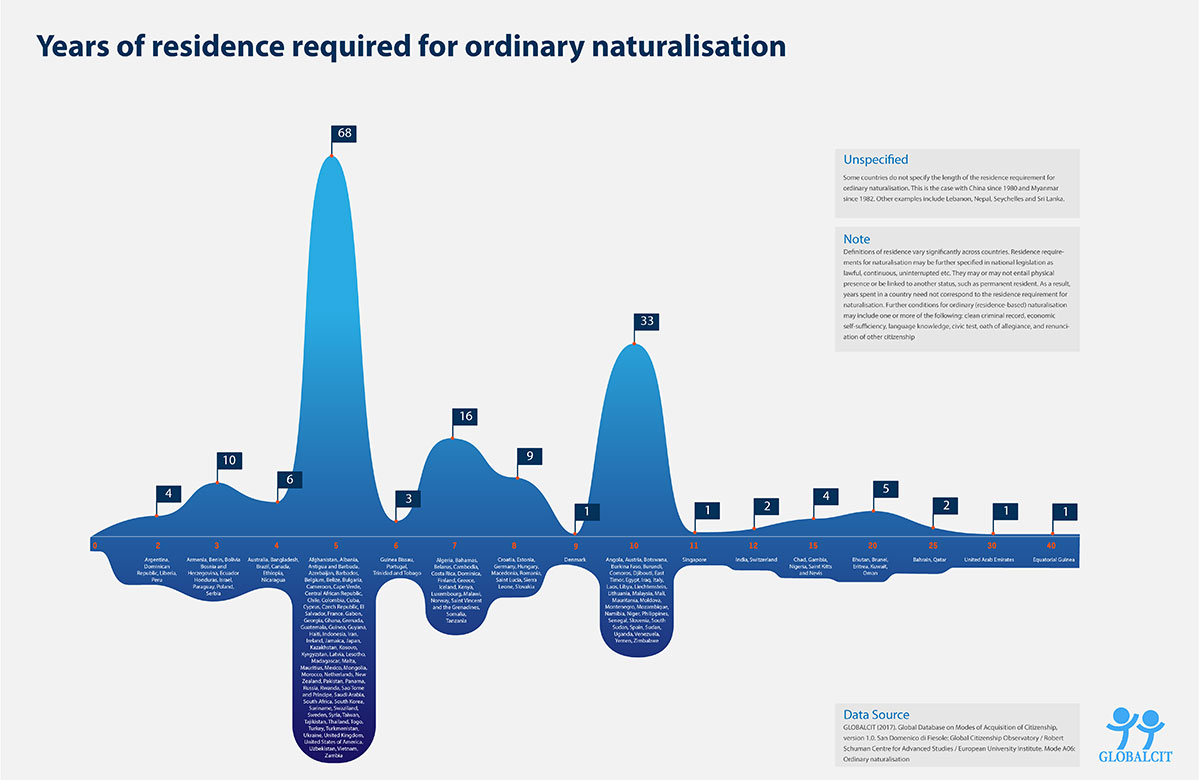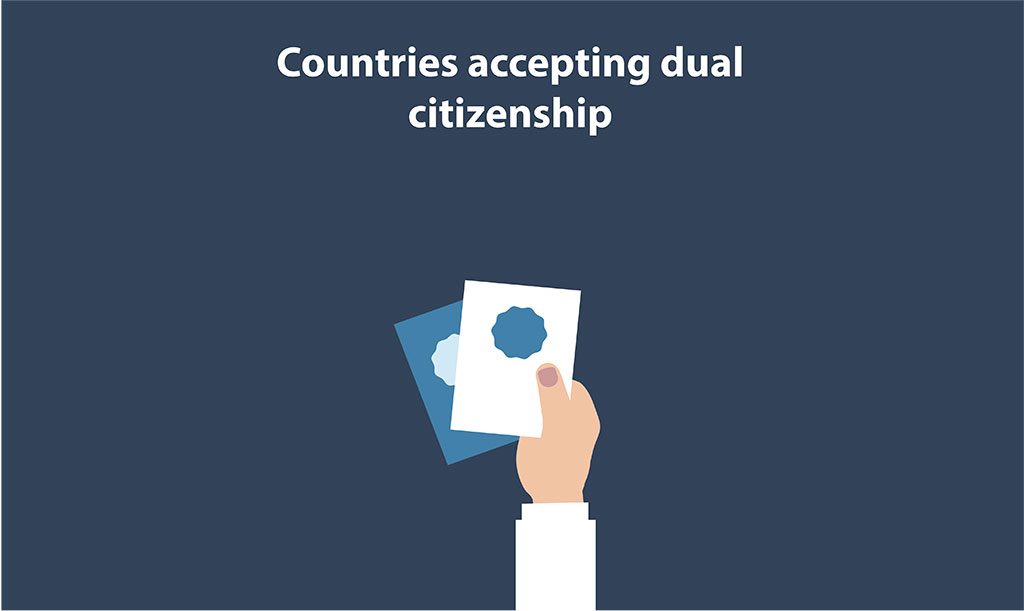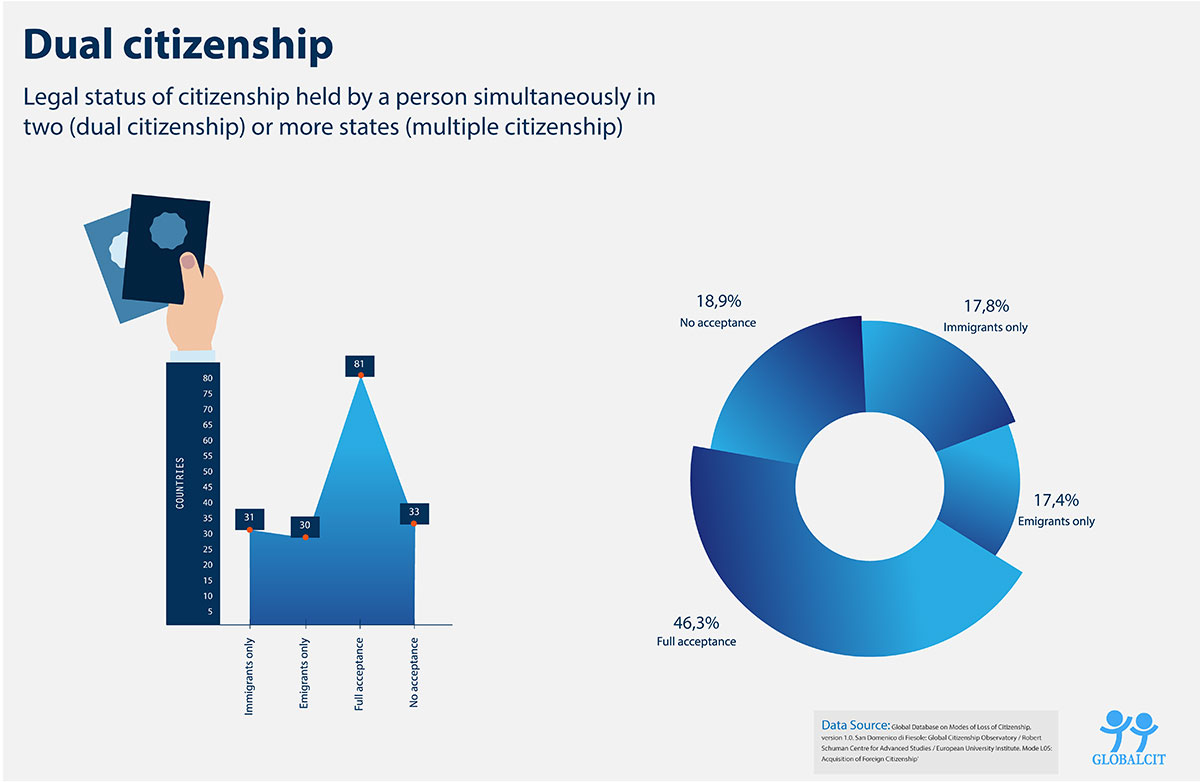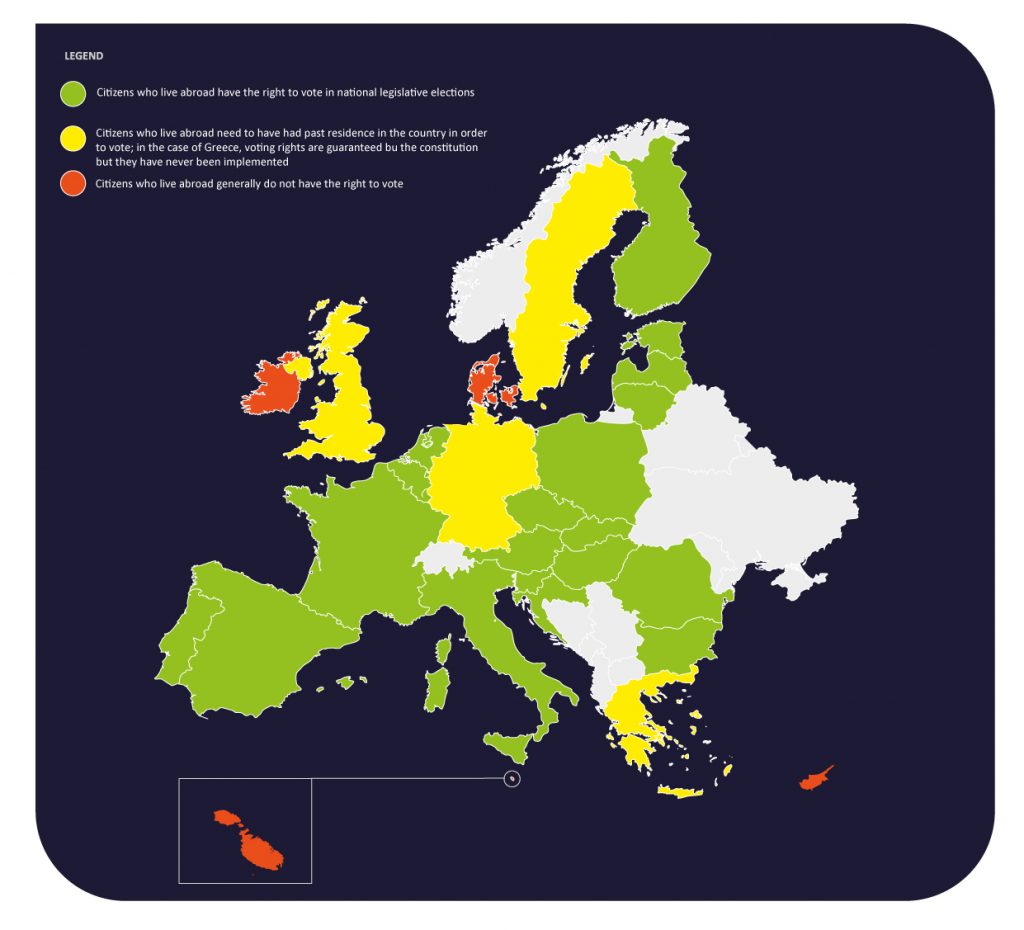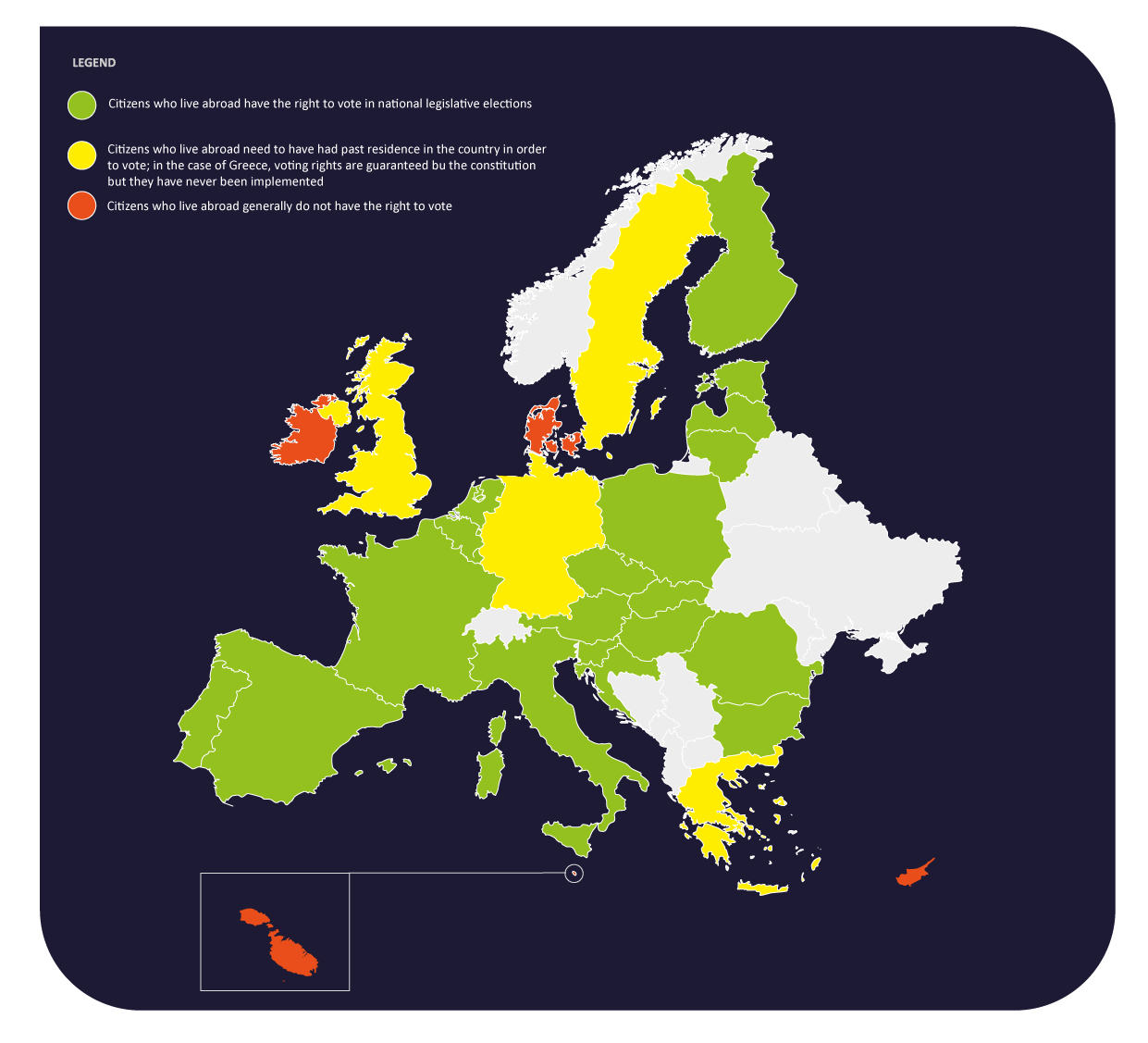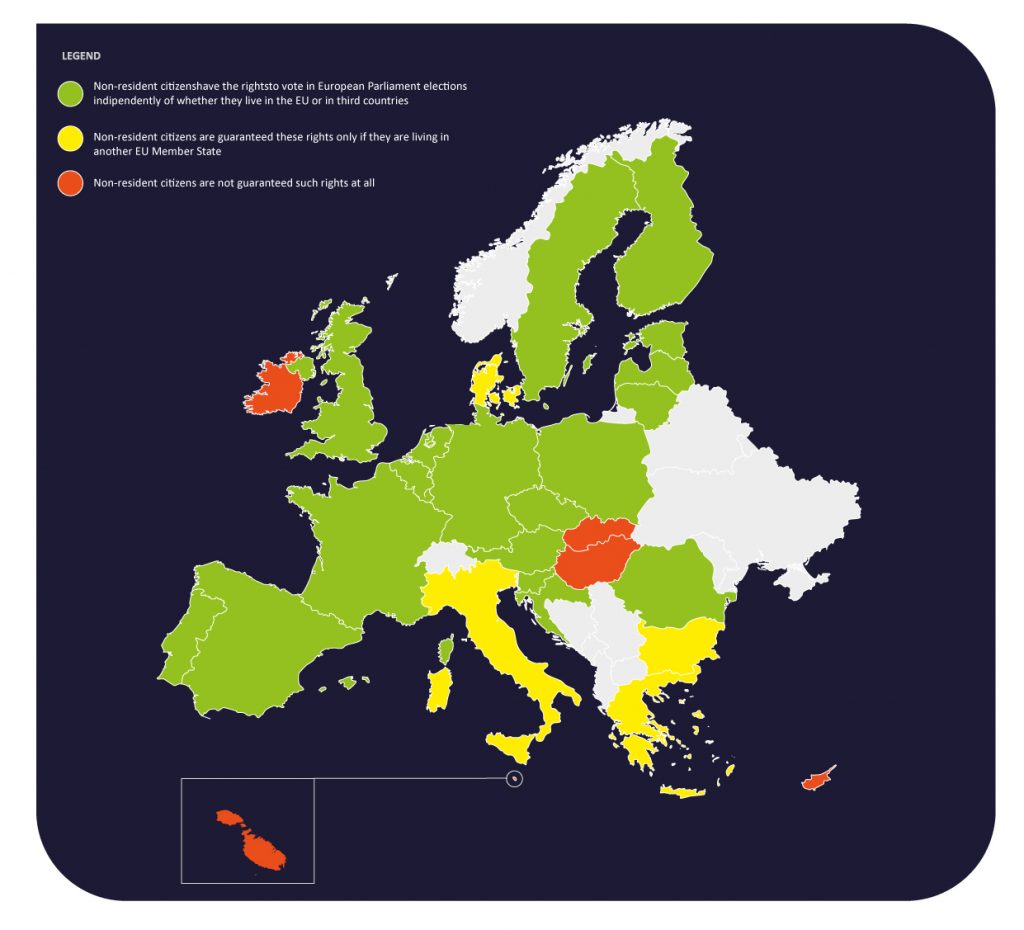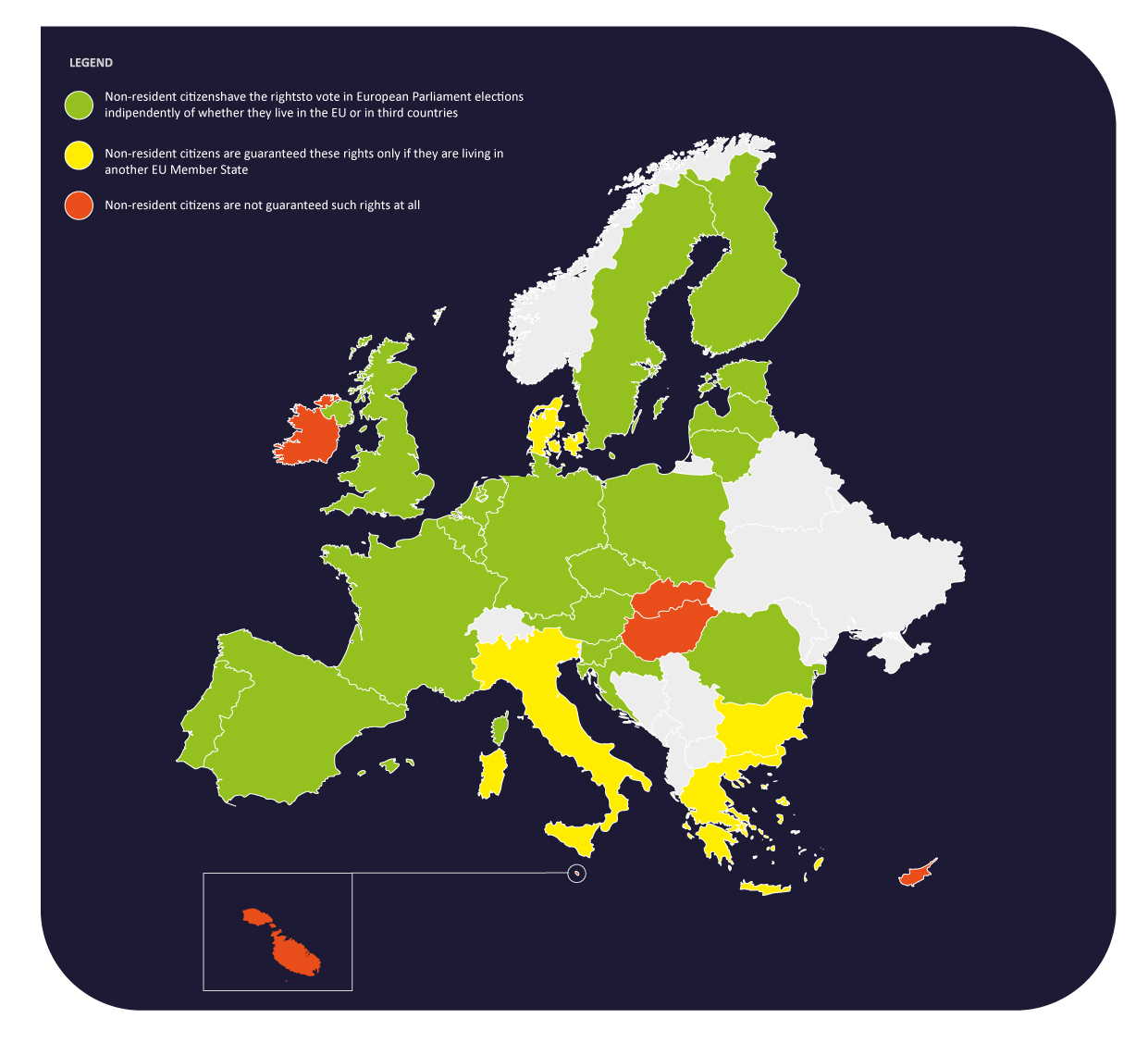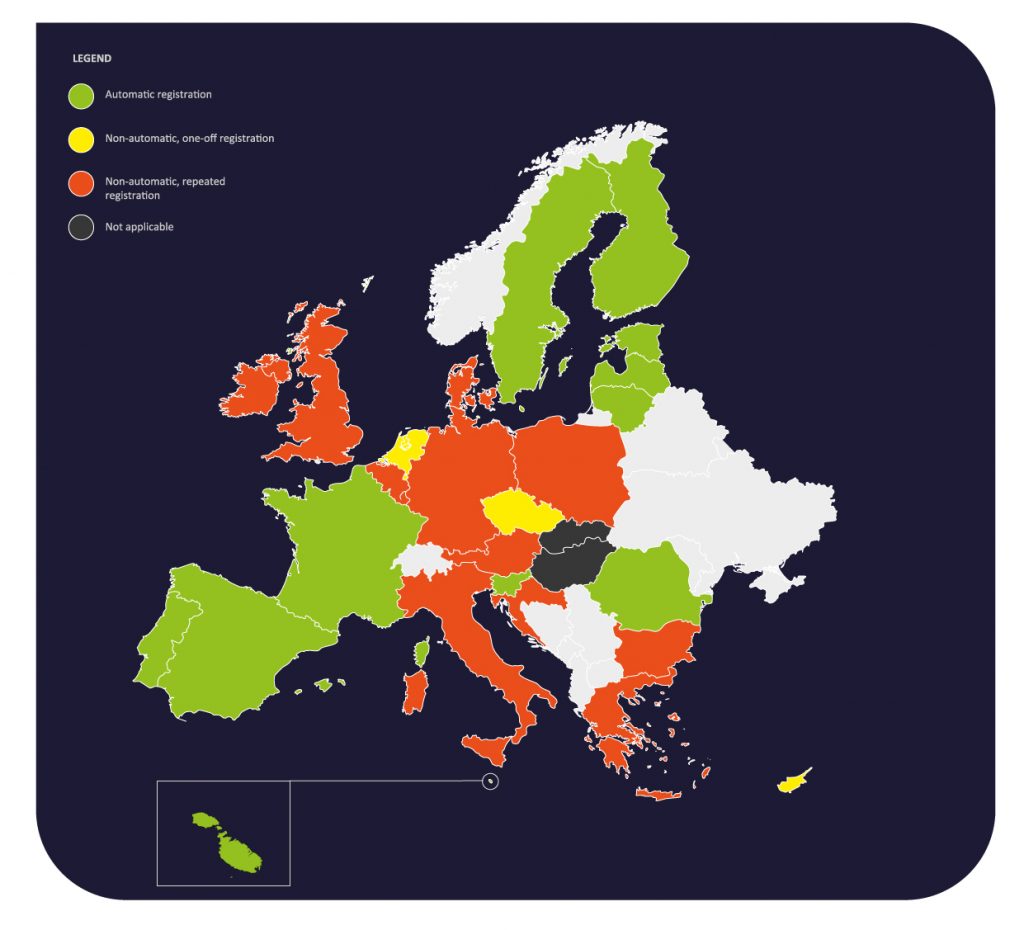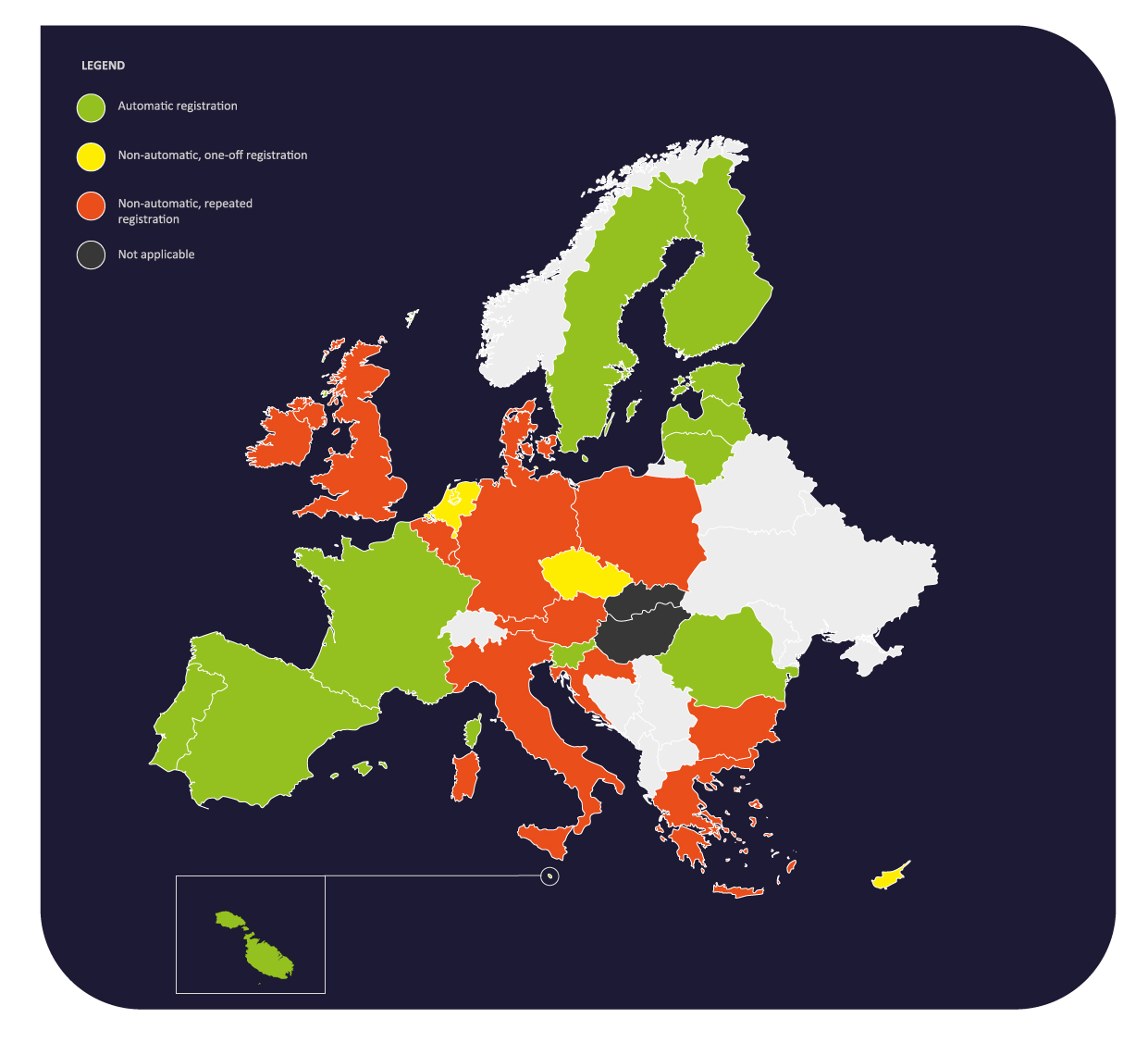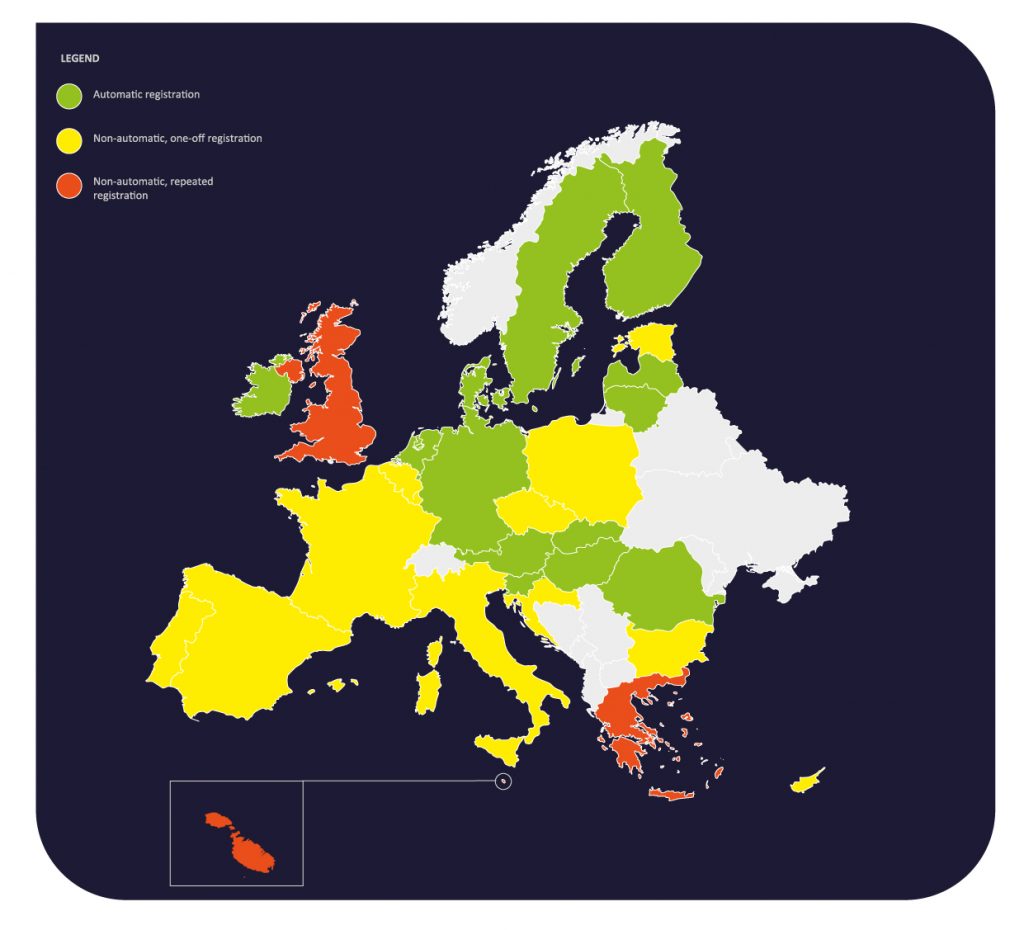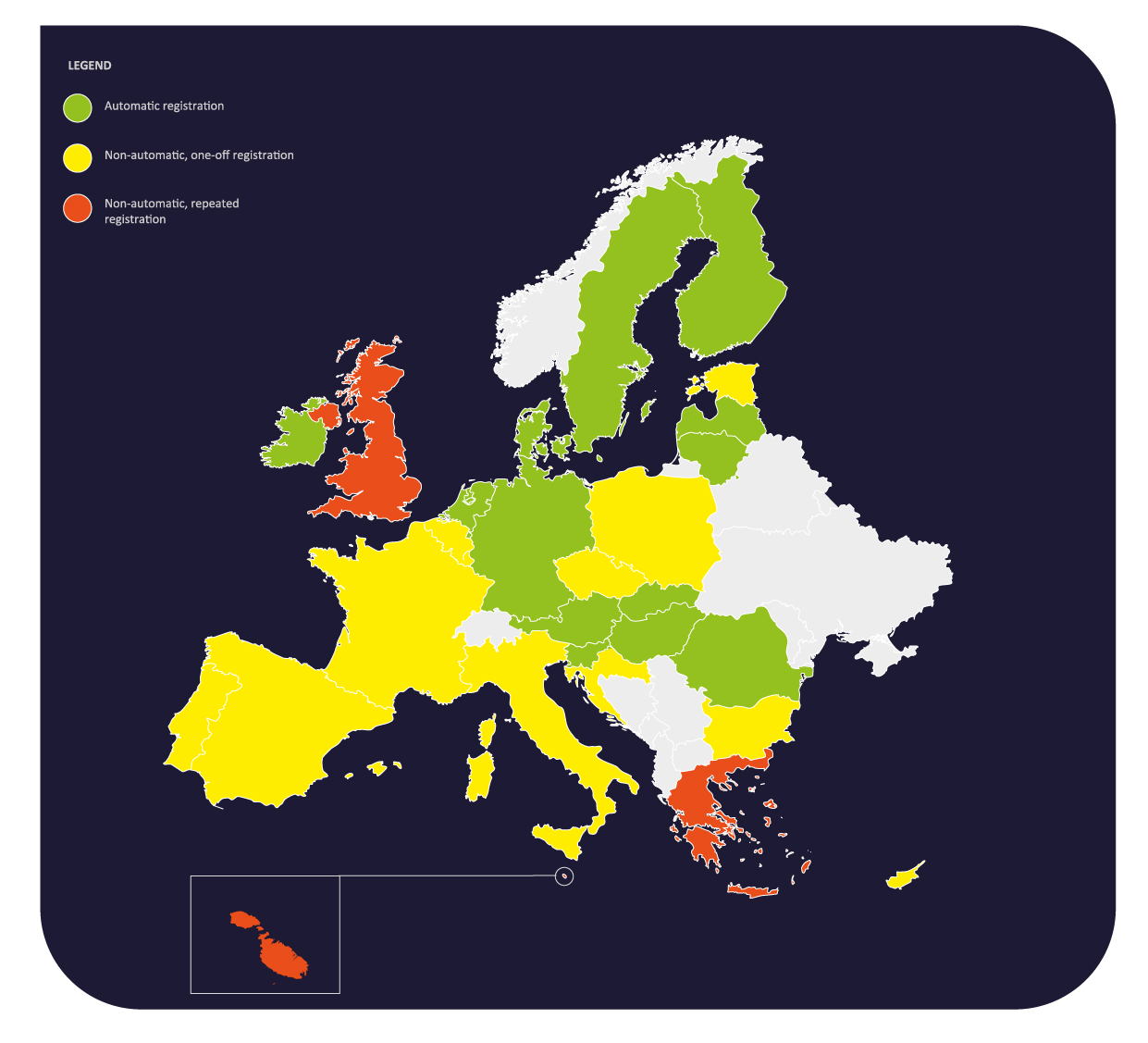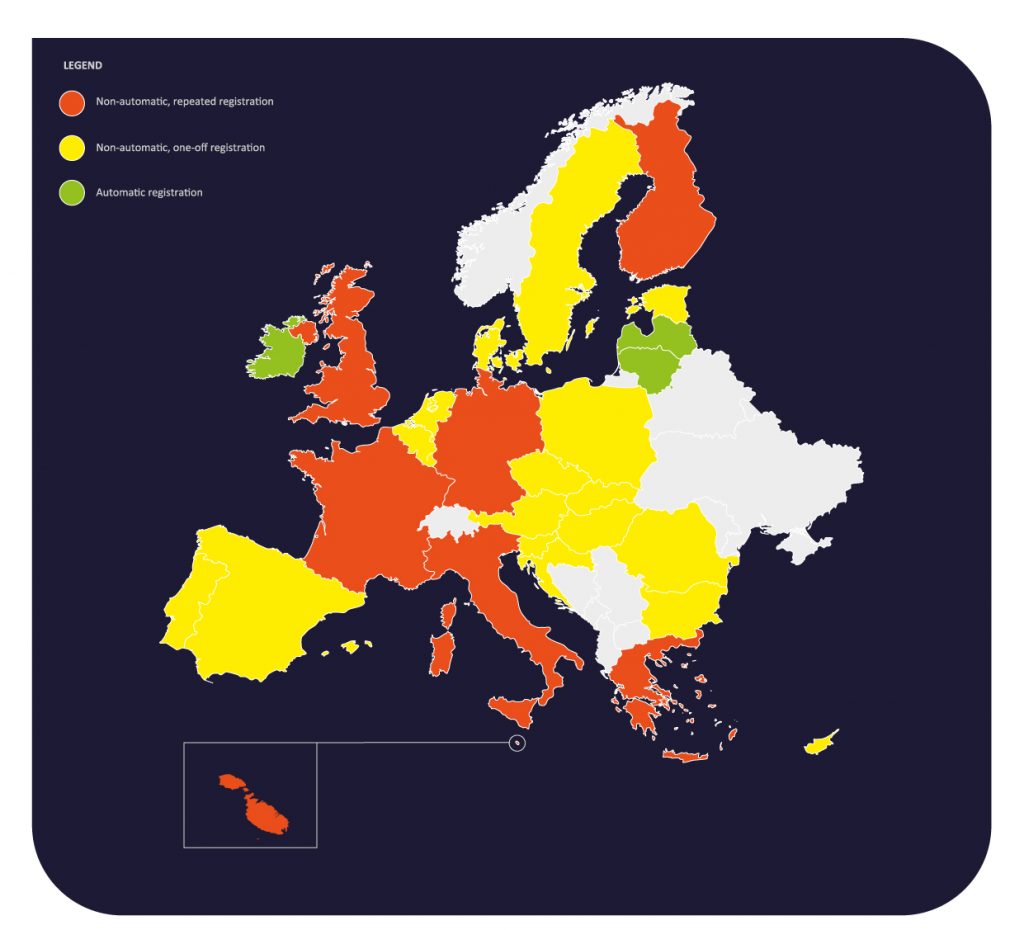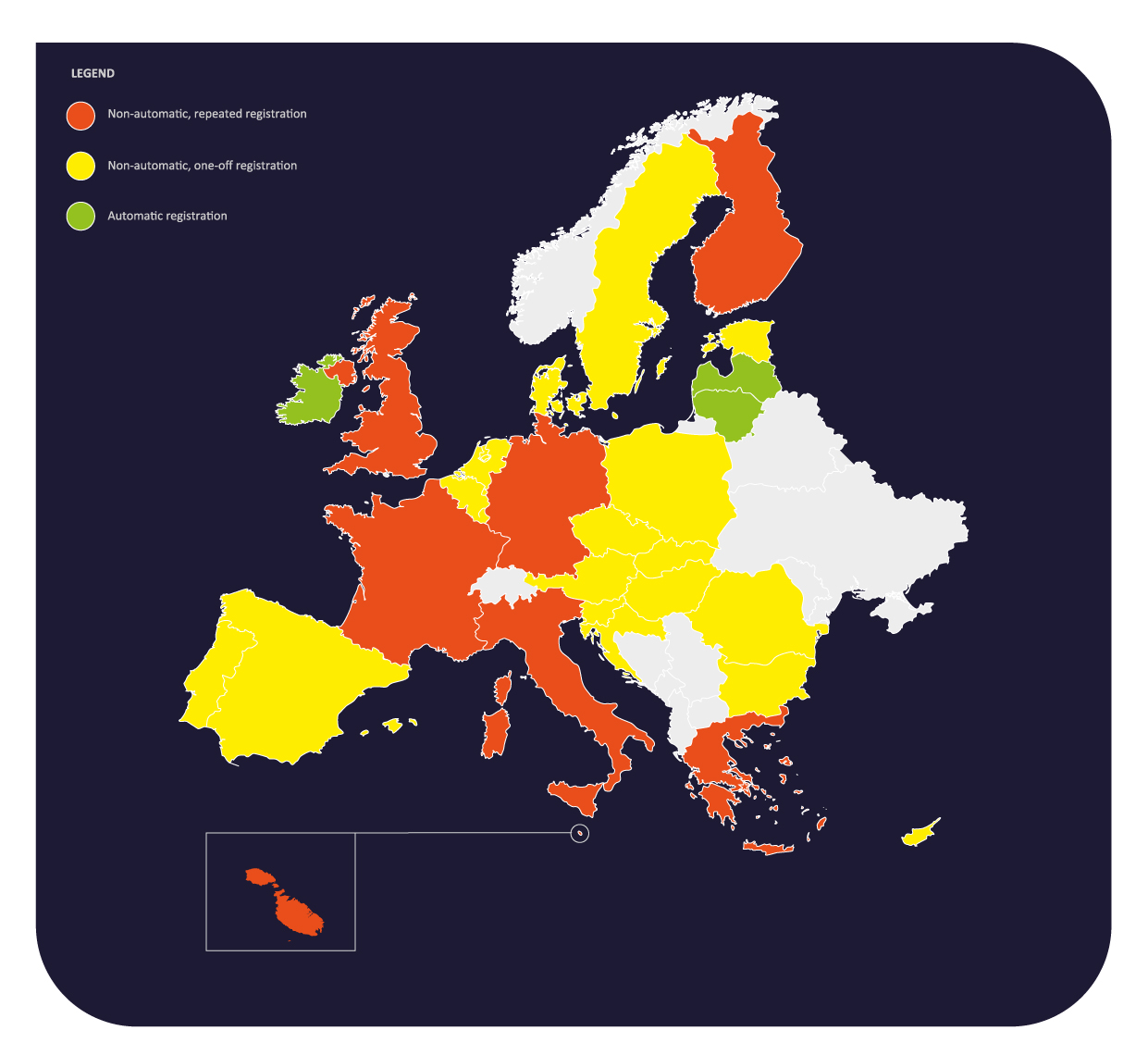Comparison of remote voting rights for citizens of countries in the Americas, Europe and Oceania residing abroad in five types of elections: supranational, national presidential, national parliamentary, regional assembly, and local assembly. Most countries allow remote voting for national parliamentary and presidential elections. Remote voting in local and regional elections is less common. If available, it applies only to some countries or constituencies.
Overview of voting methods for non-resident citizens in direct national legislative or presidential elections in the Americas, Europe and Oceania. Most countries allow remote voting through postal voting, return to the country for casting a vote and/or embassy voting. Only 5 countries allow voting by proxy. E-voting is available in Estonia, France (suspended) and Mexico, and in Australia, Colombia and Switzerland in some foreign countries or for some constituencies.
Overview of voting rights of non-resident citizens in national legislative elections in the EU. In most countries, non-resident citizens retain voting rights. In Germany, Sweden, and the United Kingdom citizens residing abroad need to have had past residency in the country. In Greece, their voting rights are guaranteed by the constitution but have never been implemented. In Cyprus, Denmark, Malta, and Ireland citizens abroad cannot vote in national legislative elections.
Overview of voting rights of non-resident citizens in European Parliament elections. In most countries, non-resident citizens retain voting rights independently of whether they live in the EU or in third countries. In Bulgaria, Denmark, Greece, and Italy the electoral rights of non-resident citizens are guaranteed only if they live in another EU Member State. In Cyrpus, Hungary, Ireland, Malta, and Slovakia citizens residing abroad do not have voting rights in European Parliament elections.
Overview of registration procedures for non-citizen residents to vote in local assembly elections in the EU. In most cases, non-citizen residents are registered automatically, but in a few instances they must actively register on the electoral roll. In Greece and in the United Kingdom, non-citizen residents must re-register before each election takes place.
Overview of registration procedures for non-citizen residents to vote in European Parliament elections. In most countries, non-citizen residents must actively register. Only in Ireland, Latvia and Lithuania non-citizen residents are registered automatically, but must declare their intention to vote in these countries.


